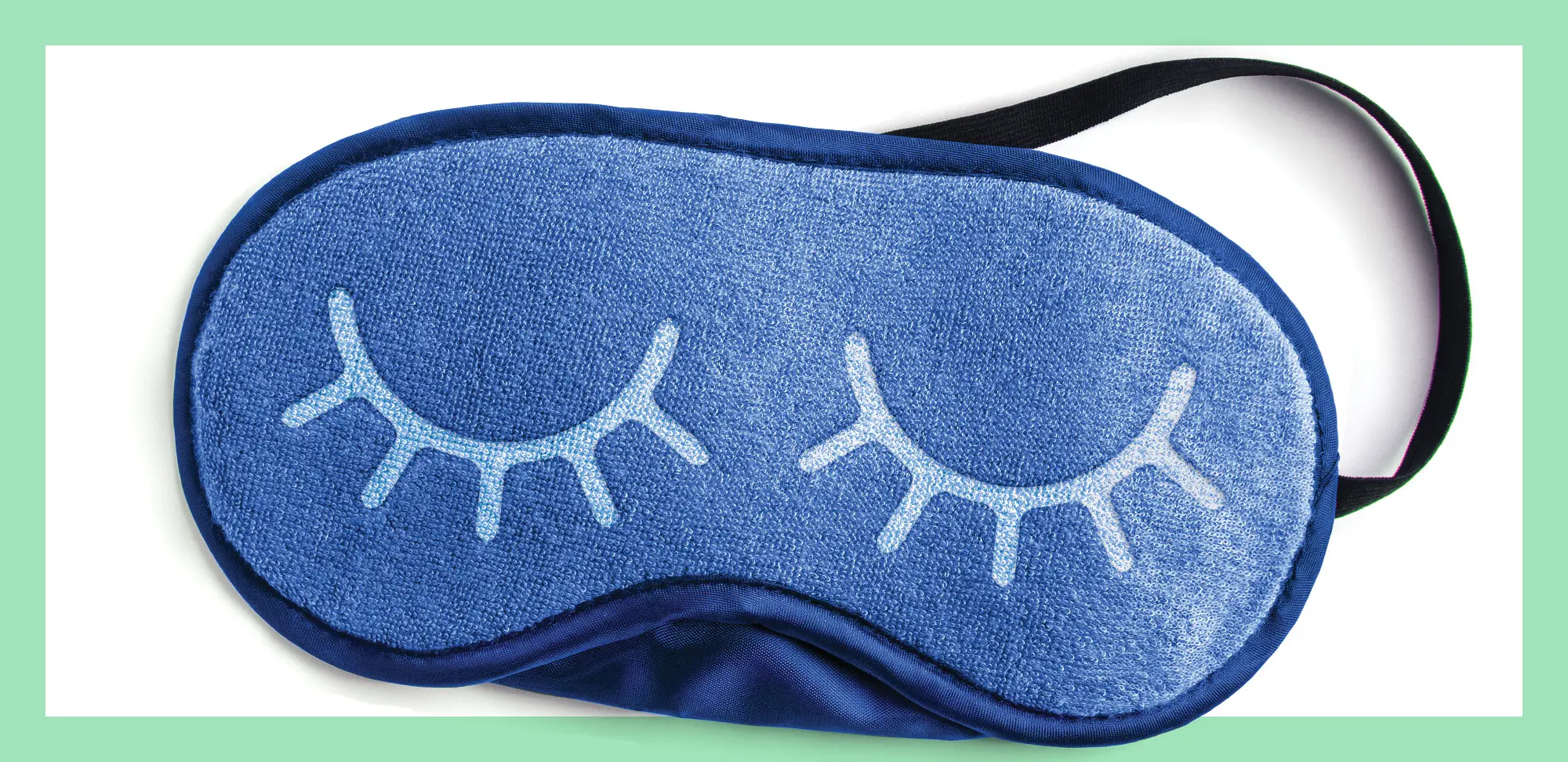We know we’re supposed to “get a good night’s sleep,” but what does that really mean, anyway?
For starters, quantity counts. Experts recommend at least seven hours of sleep a night and stress the importance of going to bed and getting up at the same time each day, even on weekends.
Sounds simple enough, right? Well, according to the Public Health Agency of Canada, at least one in four Canadians aged 65 to 79 are not getting sufficient sleep. This might be because they are more likely to have medical, psychiatric or pain conditions that interfere with sleep. They may wake up during the night, not sleep as deeply as they used to, and take naps during the day to try to catch up, all of which lead to overall sleep deprivation.
And missing out on a good night’s sleep means missing out on optimal health. Ample research shows that sleep boosts mood and memory, helps guard against infections such as colds and flu, reduces dementia and depression risk, preserves emotional well-being and concentration, and lowers the risk of falls.
Quality of sleep counts, too, and it’s important that your sleep be restorative.
The two main sleep stages — rapid eye movement (REM), when dreams occur and learning and memory are consolidated, and non-REM sleep — are both linked to boosting energy. Non-REM sleep, though, seems to be particularly important. According to Harvard Health, published by Harvard Medical School, the non-REM phase includes deep or slow-wave sleep during which your body renews and repairs itself. This stage may also play an important role in making adenosine triphosphate, the body’s energy molecule.
Researchers are particularly interested in the restorative nature of two chemicals: glycogen, which is involved in storing energy in the brain, and adenosine, which promotes sleepiness. It’s believed that balancing these chemicals optimizes the sleep–wake cycle, essential for restorative sleep.
As we age, we tend to have less slow-wave sleep, increasing the risk of sleep disorders such as insomnia, restless-leg syndrome and sleep apnea, a condition characterized by snoring and brief pauses in breathing during sleep.
All the more reason to get enough sleep to maintain a balance of sleep phases so your body has a chance to repair and regenerate itself, and so you wake up refreshed and ready to take on the day.
Seven healthy sleep habits
- Be physically active during the day.
- Avoid caffeine and other stimulants as well as large meals with spicy foods late in the day.
- Limit alcohol intake before bed.
- Maintain a quiet, dark, cool, device-free bedroom.
- Ask your doctor to review your medications for any that interfere with sleep and can be eliminated or swapped for less stimulating agents.
- Consider relaxing bedtime rituals such as a hot bath, meditation or a stretching program.
- Keep a diary to track your sleep schedule, which forces you to pay attention to your sleep patterns and make changes if necessary.










